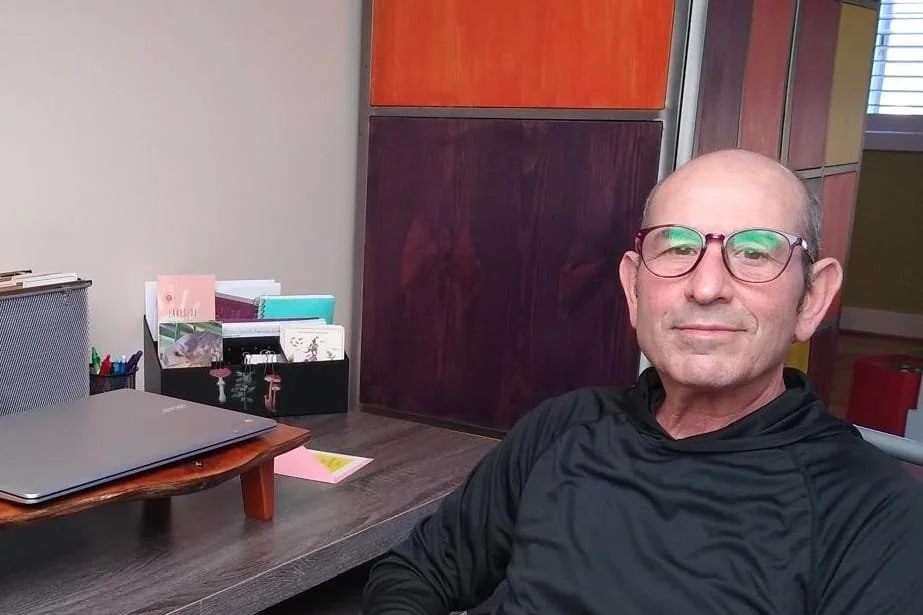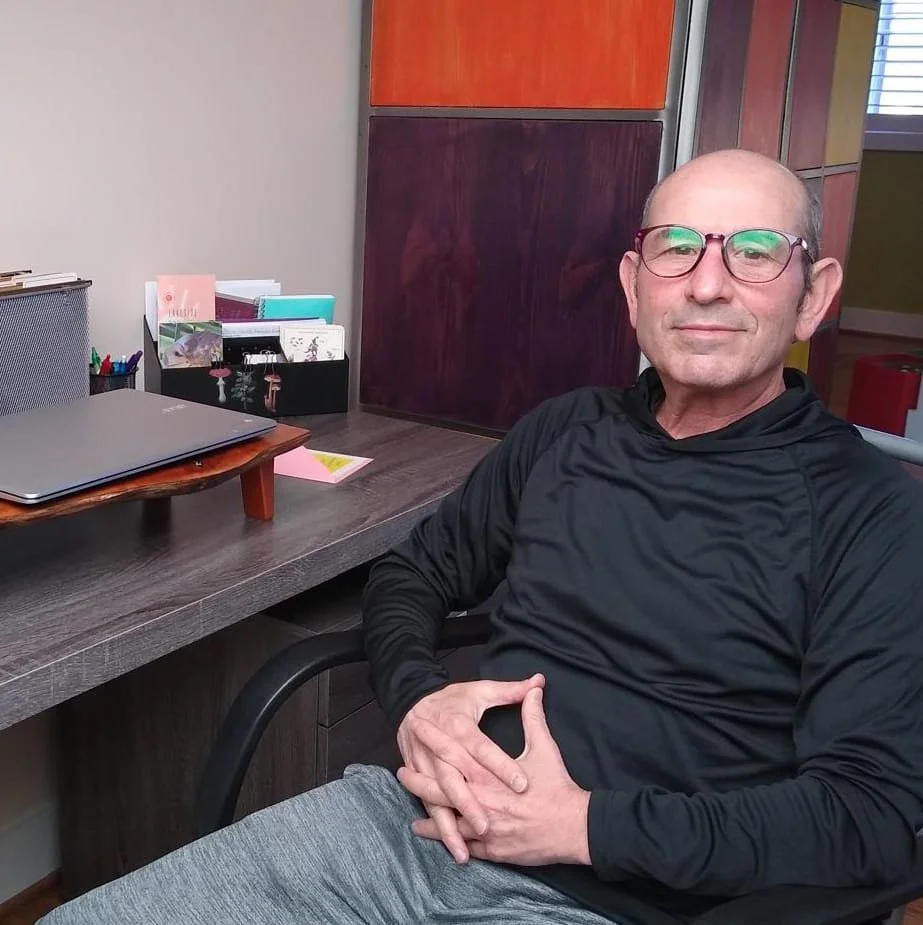I asked Armand to meet on a morning in early October to talk about his work as an attorney. Armand’s work is notable for the impact he’s had on families in the Louisville community. After hearing feedback from his clients, I wanted to know more about his career and how he’s been able to consistently bring reliable results over his 40 years in the practice of law. And I wanted to know what a real law practice looked like on the inside… not just what I’d seen on TV. We decided to meet at Heine Bros. coffee near Keats Ave. in Louisville. The meeting felt like two friends getting together to share stories. After talking with Armand, I realized how important it is to pick a family attorney that you can really trust. I started by asking him about mediation.
AD: As a trained mediator, how do you balance the need for negotiation with the potential for litigation in family law cases?
AJ: As a mediator, you have one goal: settle the matter. Family matters are litigation, just with no jury. I try to point out the risk, time, and expense of litigation to my clients. In a typical TV courtroom drama, the whole case, from the first meeting with the attorney to the resolution of the case, is all done in one hour. In real life, it is not going to happen overnight the way it happens on TV. In litigation, there is a process that starts with a petition to begin the case. After this, you may reach an agreement in mediation, or you go to court (sometimes months down the road). Finally, there will be a court order. I go over these procedures with my clients to help them understand the process and optimize their position. I tell my clients the truth and set expectations for the risk, time, and expense of litigation.
AD: Many of your clients have given highly favorable reviews of your work recently. How do you maintain a high standard of service for your clients?
AJ: My paralegal (Ellen) and I do not let matters sit. We are proactive. We maintain a high standard of service to our clients because we work as a team. We have a level of comfort and trust which we have gained in over 30 years of working with each other.
I believe that our responsiveness to our clients - needs is unsurpassed. Our efficiency level is over the top, in my opinion. We answer emails almost immediately (if you have to wait over an hour for us to respond, that’s a long time). We have completely transformed to a digital office. All of our files are digital, all documents at our fingertips immediately. We are not that lawyer who never responds to clients or other lawyers.
We are real people, and we treat our clients like real people. We don’t think we are better than anyone else. We have such a wide spectrum of experience with people that anyone can be comfortable with us. We explain things in terms that anyone can understand. We tell it like it is-we don’t just tell clients what they want to hear; we tell them the truth. I would never take a case just to make money- if you don’t really have a case, then I’ll tell you.
AD: Having taught as an adjunct professor at various institutions, what do you believe is the most important lesson for aspiring legal professionals?
AJ: My most important advice is this: listen, and learn. Always be civil to everyone. Always be prepared. Remember, too, that it’s not like TV.
AD: Can you share an experience from your work as a court-appointed attorney for children that has particularly influenced your approach to family law?
AJ: Representing children gives you special insight into their needs. You have to listen to the kids to gain an understanding of what is happening with them, both emotionally and physically.
My paralegal and I bring over 40 years of experience working with children with us in all of our cases (not just ones where I am appointed to represent a child; literally, in every family law case). While we are advocates for whichever party we are representing in a case, we always keep the children’s best interest in mind. We fight hard for our clients and, at the same time, we understand and respect children, and we are sensitive to their needs.
I am a parent and a grandparent, and Ellen is a parent and aunt, so we are protective of children. We are good with kids, and it is easy for them to talk to us. That is one part of the picture. The other is that, with our experience in the legal field, and our backgrounds in history and sociology, we are very cognizant of the societal issues affecting individuals and families. We also have gained much insight into psychology over the years. We understand how race, religion, ethnicity, poverty, crime, drugs, and other issues play a role in family dynamics.
I think that, because we do have these backgrounds and experiences, it puts our clients at an advantage over other attorneys who focus strictly on the law. We have a more family-centered approach, rather than “just the facts.”
AD: You have a diverse range of admissions to various courts. How has this broad jurisdiction benefited your clients over the years?
AJ: Being admitted to many different courts means that I can represent my clients in many different matters. Over the years, this has allowed me to represent clients in all aspects of the law, and has given me insight into how to best serve my clients’ legal needs.
AD: With over 40 years in the general practice of law, how has the legal landscape changed since you began your career?
AJ: When I first started, most attorneys had a general practice-we all handled most types of cases. Now, most attorneys concentrate in one or two areas. All attorneys were downtown - now many are in the suburbs. Of course, advertising is big now, both on TV and the internet. It has only been in the past 25 years that we have had Family Court; before then, all cases were handled by the circuit court judges who handle all other civil and criminal matters. This change has improved the process for participants in domestic cases by having judges and court staff who are focused on the issues involved in family law.
AD: You’ve served on the Board of Directors for the Home of the Innocents as well as for the Peterson-Dumesnil House. How has this volunteer work impacted your professional practice?
AJ: Both give the opportunity to give back to the community and to meet other people.
My work at the Home of the Innocents continued my lifelong dedication to helping children. The Peterson-Dumesnil House is a community treasure, and my work there allows me to maintain my commitment to preserving our historical resources.
AD: As a frequent guest lecturer at continuing education seminars, what topic do you find most crucial for attorneys to stay updated on?
AJ: There is not one topic. With law, there are many topics of importance. Attorneys must know the current law, and be aware of any changes to our laws. Attorneys are required to attend continuing legal education (CLE) classes every year. As a Certified Paralegal, my paralegal must also attend CLE seminars. So, not only am I giving lectures, my paralegal and I are attending them. This keeps us abreast of the law on many topics.



